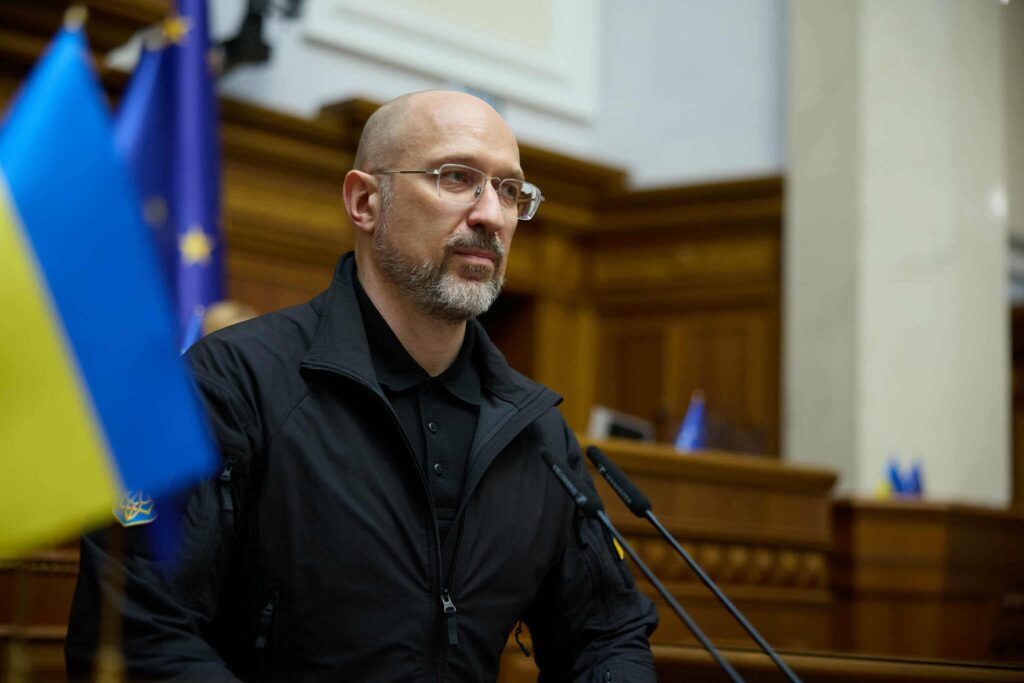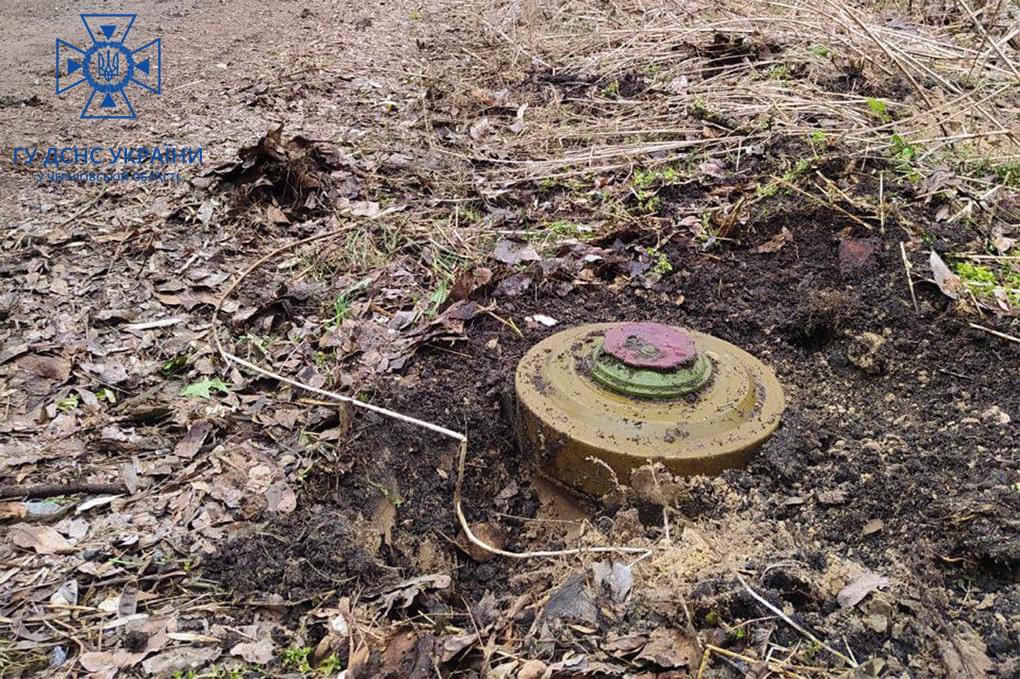From Finnish forests to Ukraine’s frontline: Volunteer Tapani joins International Legion to protect Europe’s future from war

Finnish volunteer Tapani left behind a peaceful life to resist Russian aggression. He believes Ukraine’s independence and sovereignty need to be protected for peace in Europe.
He joined the International Legion of Ukraine, a military unit within the Ukrainian Ground Forces, composed of foreign volunteers. Formed in 2022, the legion has attracted thousands of volunteers from over 50 countries, including the US, UK, and Canada, to fight against Russian aggression.
Before the start of Russia’s all-out war, Tapani ran his own business in Finland, working in real estate and forestry consulting. After five years studying silviculture and working in France, he chose to leave it all behind as soon as his contract ended at home.
“If we don’t stop this war, it will come to Europe in five years at most,” he warns.
Despite joining the unit recently, Tapani has already served in tough parts of the front in Kharkiv Oblast.
“One drone dropped 200 meters from us. We had just left the building when it struck nearby,” he recalls.
Despite language barriers and frontline danger, he remains undeterred: “It’s not hard for me here, I have no problems. There’s always a way.”
Tapani’s greatest wish is peace: “I hope the war ends and I can go home. And that Ukraine remains independent and sovereign, that’s what matters!”
Earlier, Pavel Slavinsky, Chief of Staff of the 2nd International Legion, said that many Western veterans join Ukrainian Army to end unfinished wars from Afghanistan and Iraq.
He did not disclose the exact number of volunteers in the Legion, saying “that such information is classified.”
Western veterans join Ukrainian Army to end unfinished wars from Afghanistan and Iraq, chief of staff of International Legion reveals
Read also
-
“Brave and humane”: Colombian volunteers earn respect on Ukraine’s frontlines
-
Ukrainian soldier takes deadly Soviet weapon that can penetrate tank hulls—and turns it into ukulele
-
“I want to help Ukraine as much as I can”: American volunteer James joined Ukraine’s Army to build future
-
Western veterans join Ukrainian Army to end unfinished wars from Afghanistan and Iraq, chief of staff of International Legion reveals

